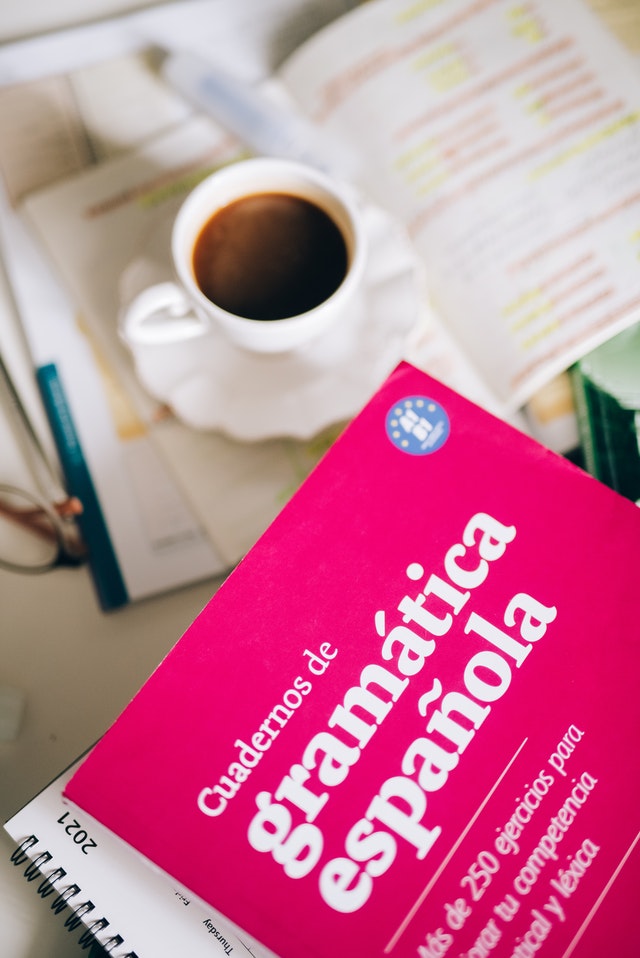
You already know that foreign language skills can boost your career. But did you know that it also offers an abundance of health benefits?
Learning two or more languages is a challenging, exciting, and super rewarding experience. Sure, at first glance, learning a foreign language falls somewhere between extremely tough and nearly impossible on the difficulty scale.
But if you take it one step at a time, you’ll be throwing new words around in a matter of weeks! Not only will it help you tap into new cultures, but learning a foreign language is beneficial for your health too!
Don’t believe us? Here are the hard facts!

1 – Speaking More Than One Language Leads to Better Cognitive Abilities
When you’re learning a foreign language, you’re working those brain muscles! This leads to improved cognitive abilities, and enhanced cognitive abilities lead to better working memory!
Washington State University performed 63 studies on bilingual people and found that they had increased attentional control, better abstract and symbolic representation skills, and higher working memory stats compared to people that speak only one language.
2 – Foreign Language Learning Combats Mental Health Problems
Before the COVID-19 pandemic hit, around 264 million people across the globe suffered from depression. And the impact of the global health crisis surely had a negative influence on those stats.
But did you know that language learning helps you express new ideas and get acquainted with more new people? And when you’re more creative and social, you’re actively fighting brain health issues such as depression, anxiety, Alzheimer’s disease, and boosting brain health!
Plus, your brain gets stronger when learning a foreign language because the white matter increases. And with continual effort, learning a foreign language improves the existing white matter, which can delay the onset of dementia symptoms and keep your brain healthy. The idea might seem far off, but learning to speak more than one language is an investment in your future health!

3 – Language Learning Can Help You Recover from Brain Injuries Faster
You might not be worried about dementia right now. And brain injuries fall in the same category. However, a stroke is something everyone needs to consider and be prepared for. Researchers at the University of Edinburgh state that learning a foreign language is beneficial for helping stroke patients recover faster. But the health benefits only count if you learned a foreign language before the event.
Bilingual people can switch from one language to another. This means that although one language might be inhibited, they can use another one to communicate with those around them. And this continuous switch-up with language learning is a regular workout for the brain, which can help stroke patients recover faster.
4 – Learning a Foreign Language Can Expand Your Mind
It’s not uncommon for language learners to become more open-minded when they learn to speak more than one language. Various studies have been done on the life views of children who speak a language outside of their mother tongue. The facts are too beneficial to ignore!
Bilingual children think that individual traits come from experience. Monolingual children, on the other hand, think it’s hereditary. Bilingual kids believe that a duck would still grow up to quack even if a dog raised it. But monolingual kids have the opposite belief.
5 – Speaking Multiple Languages Boosts Your Confidence
Anyone that learns to speak a language other than their native language also learns to get past the insecurities that come hand in hand with new experiences. And as they learn, the confidence levels of a bilingual person increases.
There are immediate health benefits tied to learning a foreign language. As you learn a new word in a foreign language, you can use it to understand other people and their cultures without necessarily understanding the entire language system. And this has a direct impact on your self-confidence and self-awareness.
6 – Multilingual People Have Better Multitasking Skills
Bilingual people are much more effective at multitasking than monolingual individuals. Why? Because if you’re bilingual, you’re constantly making fast choices with your words and language. And the brain learns to adapt to this switch with ease and effectively applies the new skill to other areas as well!
Multitasking skills help you get more things done faster, which reduces stress levels and allows you to have more fun too. Plus, learning a foreign language is a fun activity in and of itself and something that you can do as a hobby.
7 – Language Learning Promotes Perceptual Sensitivity in Bilingual Children
According to a psychologist from the University of British Columbia, the health benefits of bilingualism and language learning can start even before a baby can speak. He found that babies raised by bilingual people can distinguish different languages, even if they’re not familiar with the languages.
So, a baby raised in a home where English and Spanish are spoken as the mother tongue can tell that there’s a difference between two totally different sets of languages, like Portuguese and French, for example. Early exposure to foreign languages contributes to perceptual sensitivity to unfamiliar things.
This means that babies raised in bilingual homes might find learning a foreign language, later on, easier because they were raised in an environment that’s conducive to language learning.

What’s the Best Way to Start Learning a Foreign Language?
If you’re not sure how or where to start your new language learning adventure, here are some tips to help you hit the ground running:
- Pick among the most spoken languages in the world to make it easier to find courses and mentors.
- Learn a few common words and then start using them as soon as possible.
- Watch foreign-language movies in the foreign language. It’ll also help watching movies that you’ve seen before to make it easier to follow.
- Install and religiously use a dictionary app on your phone.
- Get some help from a native speaker and get them to help you learn some common phrases.
- Consider an intensive language learning course to help you solidify the basics of the language.
- Partner up. Learning with a friend is fun and motivational.
- Get out of your comfort zone as often as possible. The best way to learn is by making mistakes and learning from them.
- Learn about the culture because it’s at the heart of the language.
- Consistency is key. The more you practice, the more it’ll stick.
- Embrace the adventure. Yes, it’ll be challenging, but just accept it, find creative ways to keep learning, and know that the fun will come.
Wrapping Up
The initial stages of learning a foreign language can be frustrating and complicated. But considering the health benefits it brings to the table, learning a foreign language is the best investment you can make in yourself, your future, and the future of languages.
Learning languages improves your understanding of your own language and the language structure of other different languages.
It’s never too late to learn something new. Learning a foreign language is a surefire way to future-proof your brain for old age and increase your overall levels of self-worth. Plus, the fact that it keeps your brain healthy will give you a one-up on your monolingual counterparts!





Leave a reply